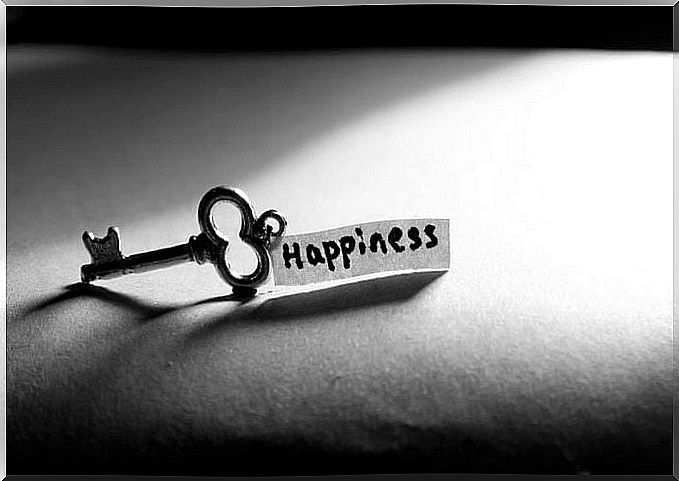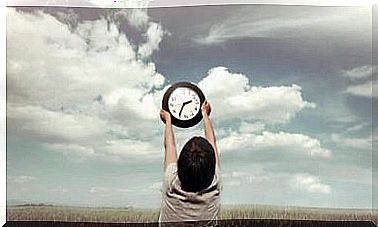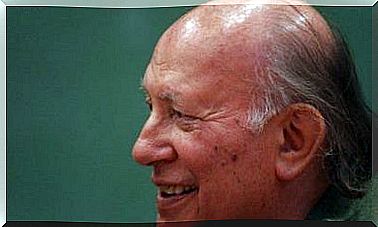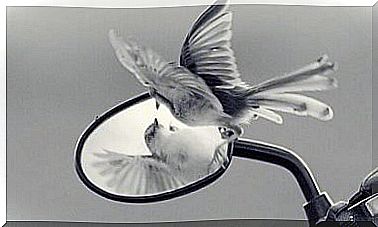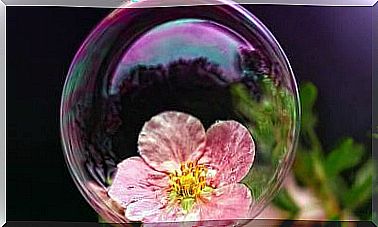The Obsession With Pleasure Only Breeds Dissatisfaction
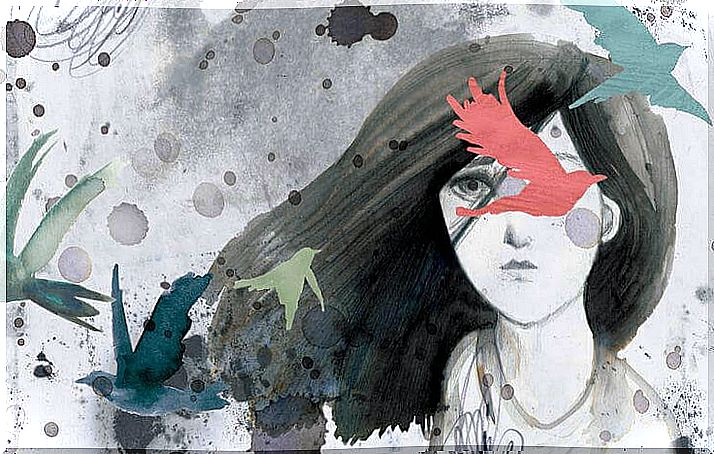
For writer Hermann Hesse, the need to be busy and live in a state of compulsive pleasure, to do rather than simply be, gives way to the drama that sustains current existential dissatisfaction. But German has an answer that, while it may seem obvious and simple, implies a greater understanding, capable of changing our relationship with the world. The compulsive pursuit of pleasure can turn into an equally repeated dissatisfaction.
Sociologist Zygmunt Bauman states that we live in a liquid and consumer society that seeks to meet material needs immediately. This makes the products we consume quickly run out, leaving room for our needs to never be satisfied; that we always have the desire to consume more to feel complete.
The great general dissatisfaction that we experience happens especially at the social level. We spend the day desiring new things and as soon as we acquire them, the desire is renewed. As a consumer society that we are, every new thing practically arouses in us another desire.

The pressure to seek pleasure makes us more susceptible to depression
According to research published in the journal Depression and Anxiety , desperately searching for the path to happiness could be a shortcut, with a spectacular descent, to anxiety and depression. Happiness has become a goal in itself, rather than being a direct consequence of a life well lived, or at least a well-defined one.
The direct link between forcing yourself to be happy and depression is due to the way we get used to repressing our feelings and trying not to show our vulnerability at all.
We all deserve to explore our capabilities to the fullest and take advantage of every opportunity to be happy. However, difficulties and bad times are part of the way, and denying the experience can be even more harmful than accepting it.
Negative emotions may be necessary to establish a transition period between external negative stimulus and healthy emotional recovery. These emotions cause low energy that stimulates us to reflect. It’s good to remember that negative emotions also play a role. For example, in the face of the death of a loved one, it is healthy to feel pain or sadness as a springboard to overcome this situation.

Happiness could be on Mondays
Quality of life depends not only on happiness, but also on what we do to be happy. If goals are not created that make sense of existence itself, if we do not use the mind to its fullest potential, then good feelings will only inspire a tiny fraction of our potential.
After decades of studying the states in which people reach their maximum potential, Mihaly Csikszentmihalyi’s research shows that people are happiest when they reach a state of high concentration, which the author called “flow”.
This author, a doctor of neuroscience from Stanford University, detected a paradox: work is more conducive than idleness to achieving what he calls a state of flux, something that could be interpreted as happiness. The key is that, for many people, leisure is dead time, and work is just the opposite. Having clear goals, being able to manage them, and receiving feedback is critical to flow.
